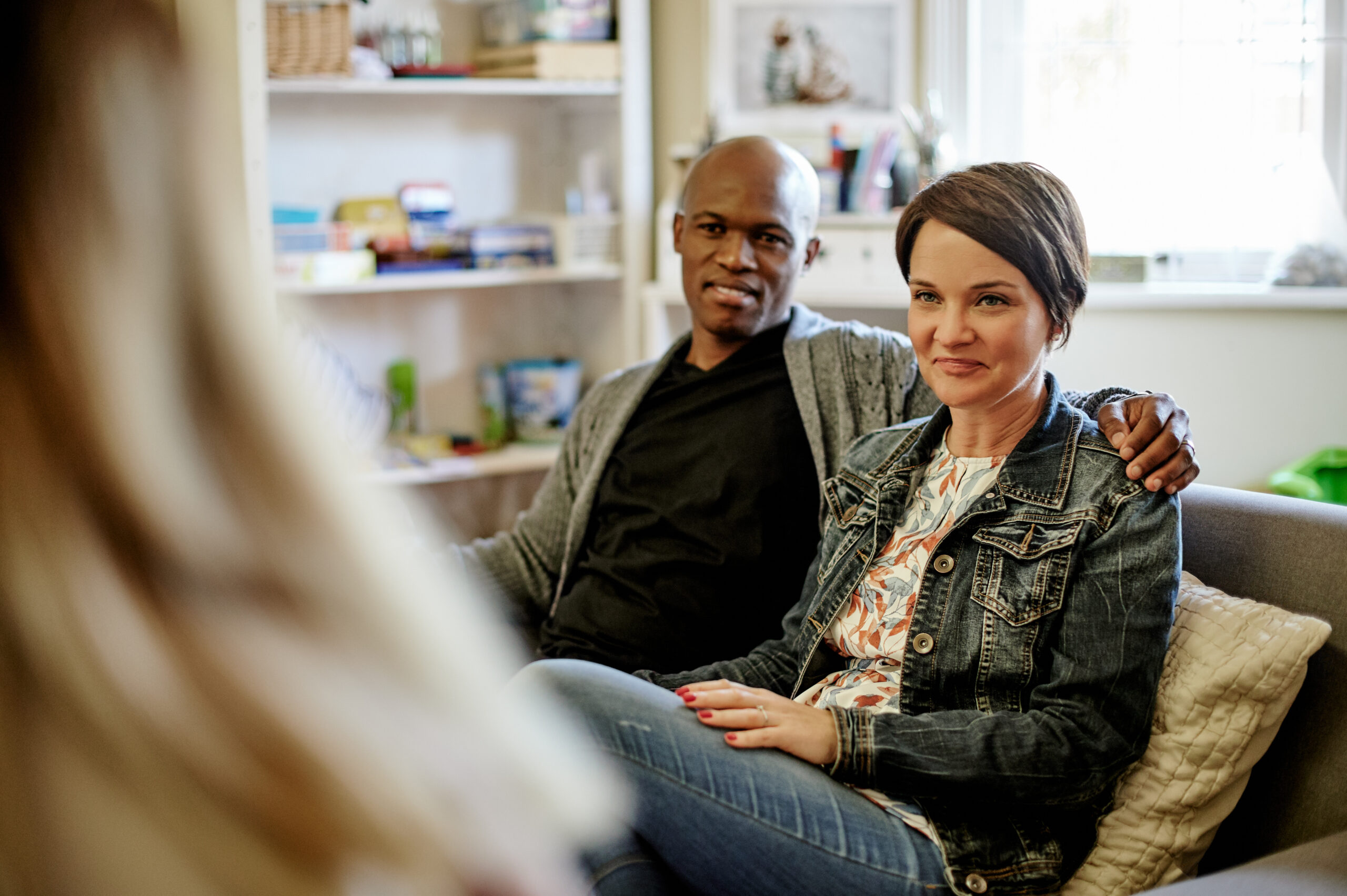Couples therapy can be life-changing – but only if it’s done well. As an experienced clinical psychologist and couples therapist, I often hear from clients that previous attempts at therapy felt disappointing. They describe going around in circles, leaving sessions unclear on how to move forward, or not receiving the practical tools they need to make real change.
Unfortunately, in Australia, psychologists don’t receive formal training in couples therapy as part of their standard education. This means that the quality of therapy can vary greatly depending on the therapist’s additional training, experience, and approach. So how can you tell if your couples therapy is actually working – and whether the therapist you’re seeing is the right fit?
Here are some key signs to look out for:
1. They Use a Clear Framework or Evidence-Based Model
Couples therapy should never feel like an open-ended conversation without structure. Look for a therapist who works from a structured model based on psychological principles and research. A clear framework gives your sessions direction, helps you understand what you’re working toward, and increases the likelihood of meaningful progress.
2. They Truly Hear and Validate You
Does your therapist listen carefully to each partner? Do they reflect back what they’re hearing and validate your emotional experience – even if they don’t agree with the behaviour? Validation is a crucial therapeutic skill and also something you and your partner are meant to learn and practise in your sessions. If your therapist models this well, you’re in good hands.
3. They Offer Specific Interventions (and Practise Them With You)
Effective couples therapy is not just about talking – it’s about doing. Your therapist should provide clear, actionable interventions to help you and your partner build new skills. Even better, they should guide you through practising these tools during sessions so you can work through the hard parts with support. The goal is to take what you learn in therapy and apply it at home.
4. They Provide a Sense of Direction
Therapy can feel confronting – especially when you’re in the thick of conflict. You need to know your therapist has a roadmap and is guiding you forward, even when the journey is tough. Sessions should include a sense of progress: Where are you heading as a couple? What are the next steps? How will you know when things are improving?
5. They Balance Accountability With Compassion – And Work for the Relationship, Not a Side
An effective couples therapist isn’t just a neutral listener – they’re also a coach and guide. They will challenge harmful dynamics and unhelpful behaviour when necessary, but they’ll do it with fairness and empathy. Importantly, your therapist should not be “on your side” or your partner’s – they’re on the side of the relationship.
Their job is to hold space for both of you while advocating for the health of the relationship. A good therapist helps both partners feel heard and respected, even when offering tough feedback.
Great therapy strikes a balance: you feel challenged and supported.
6. It Won’t Always Feel Easy – And That’s a Good Thing
Couples therapy isn’t meant to be comfortable all the time. In fact, if it’s working, you will likely feel challenged, vulnerable, and even exposed at times. This discomfort is part of the process – because real change doesn’t happen inside your comfort zone.
A skilled therapist will gently guide you into the hard conversations you may have been avoiding. They’ll help you confront patterns that no longer serve you. They’ll take you to places you may not want to go, but that you need to go – because that’s where growth lives.
If your couples therapist never challenges you, you’re unlikely to shift the dynamics that brought you to therapy in the first place.
7. They Focus on Patterns and Dynamics – Not Just the Content
A skilled couples therapist will not only help you sort out the content of your relationship difficulties but also help you identify the patterns and dynamics that drive conflict and arguments in your relationship.
This shift in focus – from content to process – is powerful. It means you don’t have to dissect every little snag in therapy. When you understand the unhelpful (and helpful) relational patterns that play out between you, you gain the ability to respond differently across a whole range of situations.
It’s not about resolving one fight. It’s about transforming how you fight, connect, and show up for each other overall.
Final Thoughts
Not all therapy is created equal, and not every therapist will be the right fit for your relationship. A skilled couples therapist offers more than just a space to talk – they provide structure, guidance, tools, and a clear path forward. But therapy is only one part of the journey. Real change also requires two willing partners who are committed to showing up, doing the work, and being open to growth – even when it’s uncomfortable.
If you’re in therapy and feeling uncertain about your progress, take a step back and consider: Do we have a guide who is working for the relationship? Do we feel heard, challenged, and supported? And most importantly – are we both willing to keep leaning in?
When the therapy is working and both partners are engaged, transformation is not only possible – it’s likely.
Helen is a couples therapist and clinical psychologist and the co-author of The 8 Love Links.




